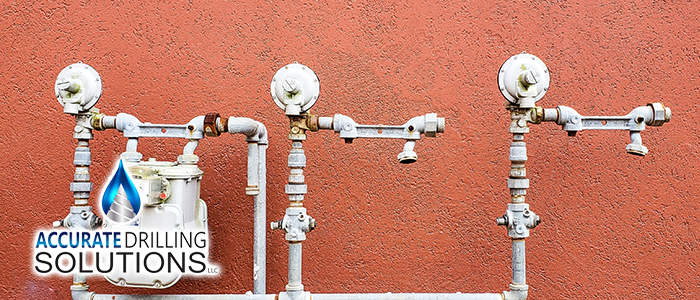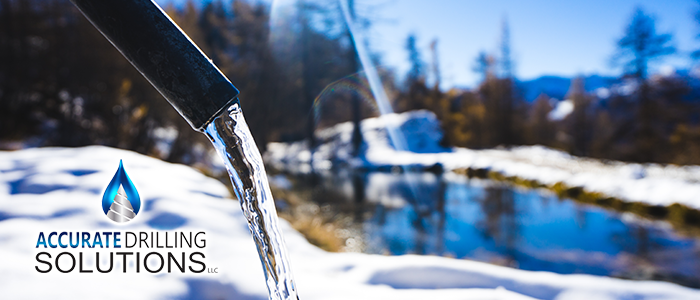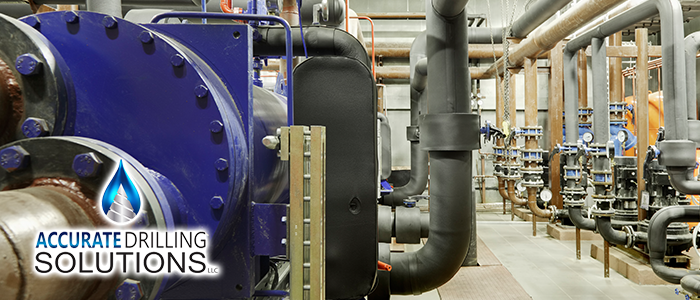
Firstly, it is important that well owners understand the different drilling methods for water wells. Certainly, the need for fresh, reliable, clean water has been an issue the faced our ancestors dating back thousands of years. When man first started to settle the land, they often turned to the water underground, in the form of wells, to provide themselves with the water needed for drinking and irrigation. Today, the need for fresh, clean, reliable water is still an issue, but the methods to get that water are growing and expanding. Below are the different drilling methods well experts use to drill for water.
Manual Digging
Firstly, we have manual digging – the oldest and most common form of well-digging. Our ancestors invented well digging thousands of years ago, and it is still a common method in developing countries due to how basic the tools are.
Advantages
- Requires manpower and basic tools
- Depending on the amount of manpower available, can be done relatively quickly
- Manual digging can go as far down as 250 feet depending on the location
- Does not require the need for fuel or a power source
Disadvantages
- Basic tools might not be sufficient to dig through certain soil types, for instance, if there are many rocks.
- Requires a high water table
- Digging site infrastructure can become unstable
- His risk of contaminating the water
- Not efficient for multiple wells
Mechanical Drilling
Mechanical drilling uses machines to do the work of drilling into the ground. As a result, it is considered more efficient than manual digging in that it is a faster process and can reach greater depths. However, there are several methods of mechanical drilling that will depend on the location and topography of your land. Accurate Drilling can help you determine the best mechanical drilling to use for your well. The four common techniques are jetting, cable tool, mud rotary, and air rotary.
Jetting Drilling
Jetting drilling is a method of mechanical drilling where high pressure water is forced down a narrow pipe. The high pressure of the water cuts through the ground sediment. The water is pushed back up to the surface outside the pipe and carries with it the sediment from underground.
Advantages
- Can be done with as little as two people
- Can reach a depth of about 200 feet
- Efficient method to drill multiple wells
Disadvantages
- Can only be done on soft ground
- Still a risk for water contamination
Cable Tool Drilling
Cable tool drilling is a method where a drill bit is dropped down into a borehole. The drill bit is raised and lowered repeatedly until the desired depth is reached.
Advantages
- Can drill thousands of feet.
- Can drill through any soil or rock type
Disadvantages
- Requires heavy equipment
- Slowest method of all mechanical drilling types
Mud Rotary Drilling
Mud rotary drilling is a method that is very similar to jetting. Unlike jetting, however, mud rotary drilling uses a drill pipe in the borehole to drill the hole. The jetting process then uses the mud or clay to lift and remove the sediment.
Advantages
- Can drill up to a depth of 3,500 feet.
- One of the fastest of the mechanical drilling methods
- Can drill through most soil or rock
Disadvantage
- Requires a lot of fuel
- Might require large rigging that can add to the cost
Air Rotary Drilling
Air rotary drilling method is the same method at mud rotary drilling. The only difference is that air rotary drilling uses compressed air to lift and remove the sediment that has been drilled through.
Advantages
- The fastest and most efficient of the mechanical drilling process
- Can drill up to a depth of 3,500 feet
- Can drill through most soil or rock
Disadvantages
- Requires a lot of fuel
- Might require large rigging that can add to the costs
continue reading
Related Posts
Port Richey Guide to Commercial Water Systems Businesses in Port
Englewood’s Winter Well Maintenance Checklist While Englewood and nearby Sarasota
Largo Businesses: Maximizing Your Pump System Performance For businesses operating






